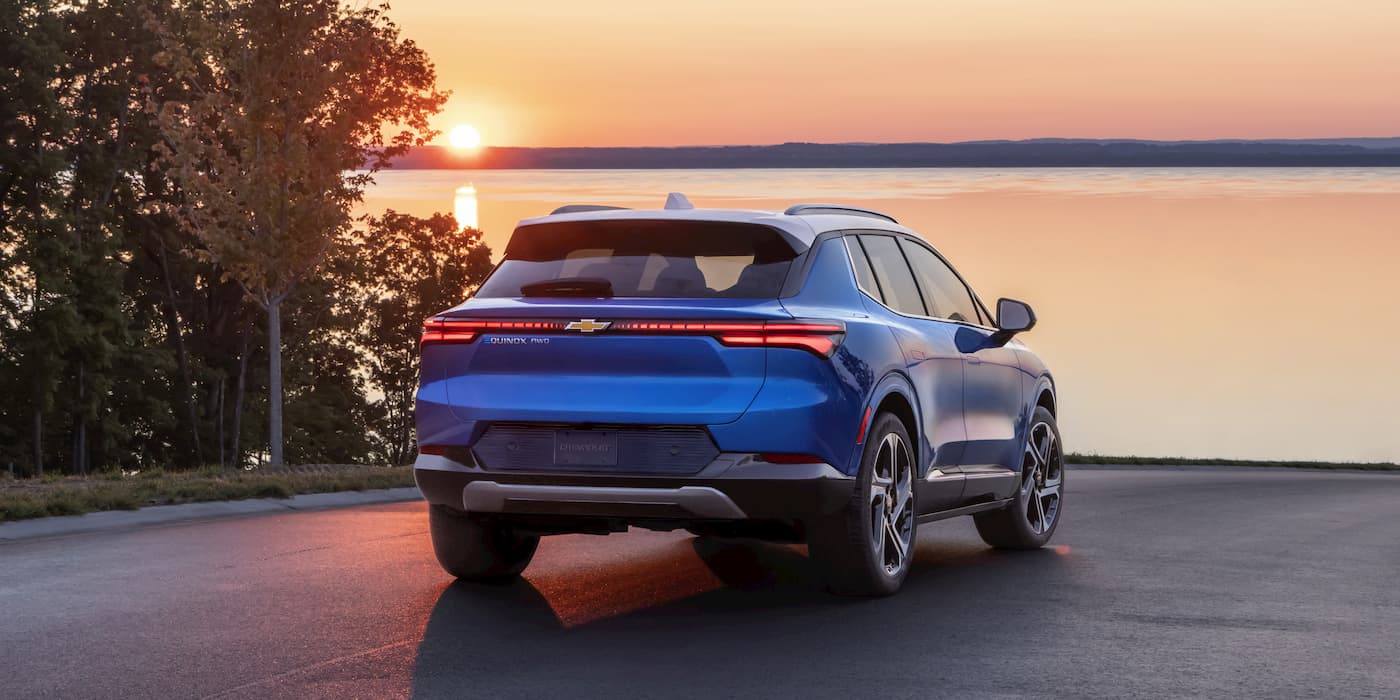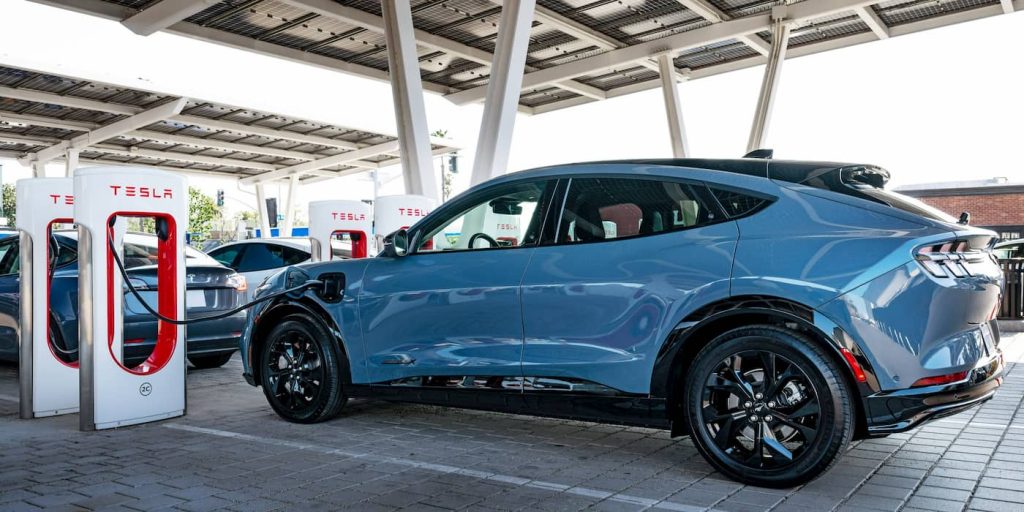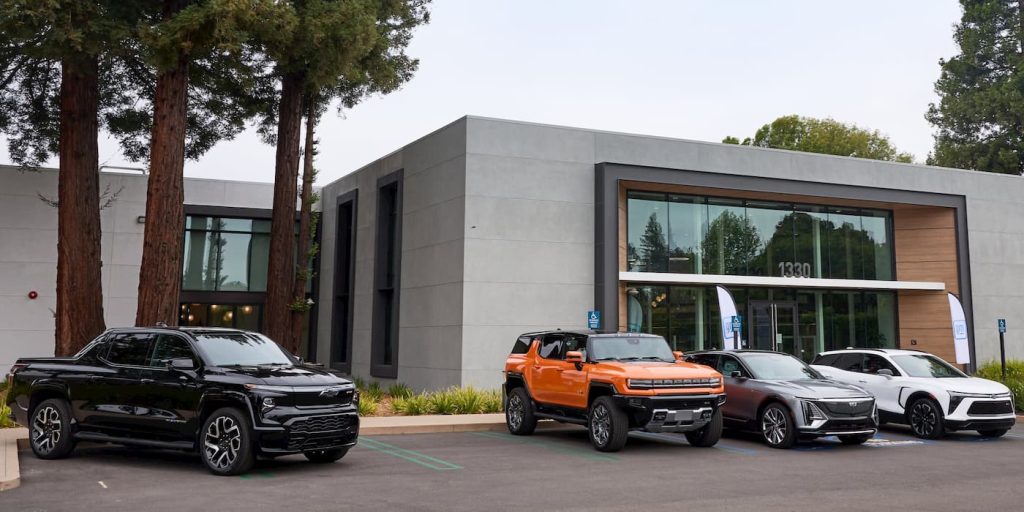
American automakers Ford and GM do not agree on where hybrids will be in the future. Ford’s CEO says hybrids should stop being talked about as “transitional,” while GM’s leader claims the tech is “not the end game” as it’s not zero-emission.
Ford and GM take sides on hybrids vs EVs
There’s a growing divide among automakers regarding how to approach hybrids. Automakers like Toyota, known for its hybrids, are doubling down on the tech, expecting slower-than-expected EV demand.
After pushing back over $12 billion in EV investments, Ford CEO Jim Farley announced the automaker would lean into hybrids last year.
Farley told investors on Ford’s Q3 2023 earnings call Ford Blue (Ford’s ICE business) “will be strong and a growing business for years to come.”
Ford’s leader added he was “thankful we have kept our foot on the has to freshen our ICE and HEV products as we enter a changing market.” Farley reiterated these comments at Bernstein’s 40th Annual Strategic Conference Thursday.
“We should stop talking about it as transitional technology,” Farley said, adding, “Many of our hybrids in the U.S. are now more profitable than their non-hybrid equivalent.”

Although plug-in hybrids (PHEVs) may be phased out, Farley stressed that extended-range hybrids are key to the industry’s future.
Meanwhile, GM CEO Mary Barra had a different view. “It’s not the end game because it’s not zero emission,” Barra said about hybrids. “We’re trying to be very smart about how we do that and how we deploy capital there,” Barra explained at the conference.

Despite promoting “all-in on EVs” last year, Barra did confirm GM would launch PHEVs in North America in January. The new models are expected to arrive in 2027.
Electrek’s Take
As Electrek has argued in the past, hybrids are transitional and already past their prime. Several automakers, like Tesla, have proven that you can build and sell EVs profitably.
Other EV makers, including startup Rivian, expect to achieve a positive gross profit by the end of the year.
After slashing prices earlier this year, Ford’s EV unit (Model e) lost another $1.3 billion in the first three months of 2024. That’s after reporting a full-year EBIT loss of $4.7 billion last year.
Ford also released a new brand campaign, “Freedom of Choice,” to promote its gas, hybrid, and EVs as it shifts its strategy.
GM, which doesn’t break down financial results for electric cars, sold 16,425 EVs in Q1, down over 20% as it phased out its best-selling Bolt EV.
Top comment by Brett Chandler
I think Barra has the right take here. Batteries ALREADY EXIST that address pretty much everything people think they want a PHEV for. Granted, they exist in the Chinese market, but at the end of the day, we know what direction batteries are going and how much better they're going to be.
Once drivers realize that yes, they can trust EVs to drive reliably (and maybe more importantly, that there's reliable charging infrastructure available when traveling), it's finally going to dawn on them that that PHEV they were looking at is needlessly complicated and expensive.
With new EVs launching this year, including the Chevy Blazer EV, Equinox EV, Silverado EV, and Cadillac Optiq, GM believes it can turn things around.
Barra calls 2024 the “year of execution,” as it overcomes production hurdles that held EV production back last year.
Next year, the next-gen Chevy Bolt EV is due out, which will be “the most affordable [electric] vehicle on the market by 2025,” according to new North American president Marissa West.
Source: Reuters
FTC: We use income earning auto affiliate links. More.




Comments